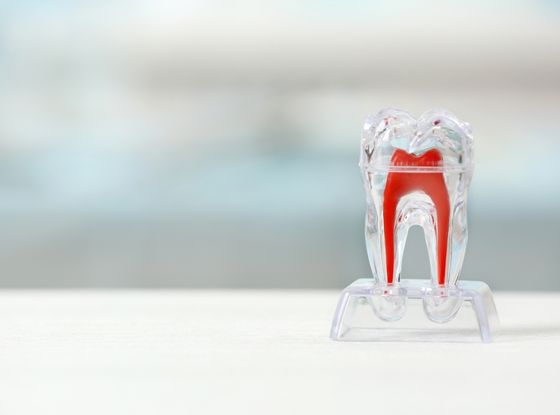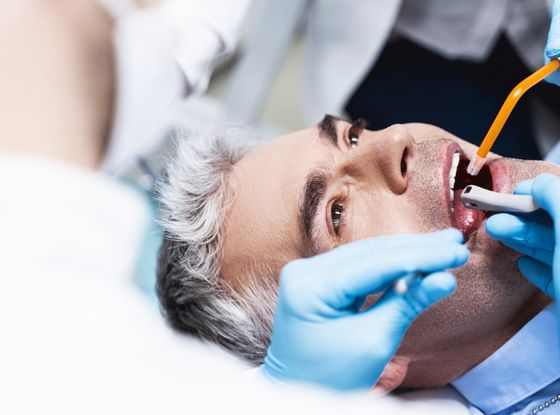Common Causes of Cavities

The Common Causes of Cavities: A Dentist’s Insight
Cavities are a common dental problem that affects both adults and children. They are caused by the decay of the tooth enamel, which is the tough, outer layer of the teeth. Cavities can occur when plaque builds up on the teeth, which can destroy the enamel if left untreated. While cavities are common, there are many different factors that can contribute to their development. This blog post explores the common causes of cavities, in order to help adults find a dentist in Parker, Colorado, who can provide treatment and preventive care.
Poor dental hygiene
Poor dental hygiene is one of the primary causes of cavities. Not brushing teeth regularly, skipping flossing, and not using mouthwash can cause plaque to build up on teeth, which can lead to cavities. To prevent cavities, it is important to brush teeth at least twice a day, floss daily and use mouthwash to help remove plaque and food particles from teeth.
Sugary and acidic foods and beverages
Foods and beverages that are high in sugar and acid can be damaging to the teeth. When sugars and acid mix with the bacteria in dental plaque, they can combine to create acids that can destroy the enamel of the tooth, leading to cavities. To reduce the risk of cavities, limit your intake of sugary and acidic foods and beverages.
Dry mouth
People who suffer from dry mouth due to medications or medical conditions have a higher risk of cavities. The lack of saliva makes it easier for bacteria to grow in the mouth, leading to tooth decay. To help prevent cavities, drink plenty of water throughout the day, chew sugar-free gum, and use over-the-counter dry mouth remedies.
Genetics
Some people are born with a higher risk of cavities due to genetic factors. If you have a family history of dental cavities, it is important to pay extra attention to your oral health to prevent cavities from developing.
Aging
As we age, our teeth become more susceptible to cavities. This is due to a variety of factors, including receding gums, a decrease in saliva production, and a decrease in the mineral content of the enamel. To reduce the risk of cavities as you age, it is essential to continue practicing good oral hygiene and visiting a dentist regularly.
Preventing cavities requires consistent dental care, healthy eating habits, and avoiding factors that contribute to tooth decay. Proper brushing, flossing, and using mouthwash can help remove plaque and food particles from teeth while limiting sugary and acidic foods and beverages. If you have a dry mouth, drink plenty of water throughout the day, use over-the-counter dry mouth remedies, and chew sugar-free gum. Finally, to reduce the risk of cavities as you age, continue practicing good oral hygiene and visiting a dentist regularly.
Our dental team at Green Dental Care in Parker, Colorado, will be happy to help you learn more about preventing cavities and other dental problems. To schedule an appointment or find out more information, please feel free to contact us today!




